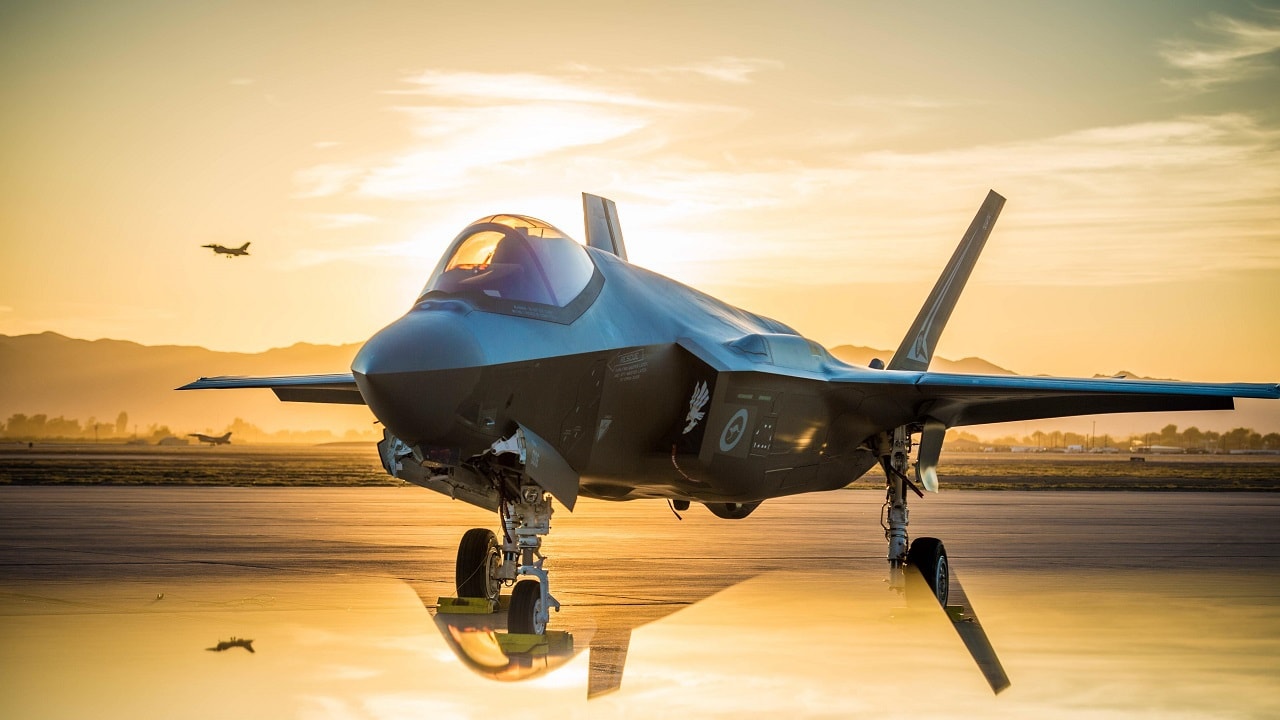Will Germany Still Acquire the F-35 Lightning II?: Last March, Germany announced that it would acquire thirty-five Lockheed F-35 Lightning II fighter jets to replace its older Tornado fighter bombers.
The goal was to replace the aging aircraft fleet by 2020. It was part of newly-elected Chancellor Olaf Scholz’s 100-billion-euro upgrade to the nation’s military in response to Russia’s invasion of Ukraine.
The move was described as a “tectonic shift” in Germany’s security policy, which had, at times, become dovish towards Moscow to compensate for its Nazi past.
In addition, Berlin had fallen short of NATO’s two percent target for defense spending – and it had become a source of friction with the United States, notably under former President Donald Trump, who had even suggested that the U.S. could be forced to pull out of the international alliance if other member states didn’t pay their fair share.
Germany was back was the message from earlier this year, but perhaps that declaration was a bit premature.
On Monday, Berlin appeared to walk back on that pledge to swiftly raise defense spending while it also sought to downplay internal warnings about delays to the acquisition of the F-35s.
A Stronger Germany Still Coming. What About F-35?
The government in Berlin is still committed to meeting the two percent goal, but it will just take a little while longer to get there was essentially the message from chief spokesperson Steffen Hebestreit who told reporters that the target would be missed this year and likely next year as well.
“It’s still open whether that [goal] will be achieved [in 2023],” Hebestreit explained, adding that his “cautious expectation” was that Berlin would meet the target by the end of the current legislative period, which ends in 2025.
Germany is hardly the military powerhouse it once was, but it also appears that the once-famous German efficiency is also largely a thing of the past. It was just last week that Defense Minister Christine Lambrecht faced criticism from within her own government coalition after it was disclosed that the Bundeswehr had failed to order sufficient ammunition supplies despite long-known shortages.
Will the F-35 Deal Crash and Burn?
Germany has reportedly earmarked €10 billion ($10.5 billion) to buy 35 F-35A Lightning II fighter jets.
The money will come from a debt-financed €100 billion special fund that Scholz announced, according to a government document seen by Bloomberg. Delivery of the aircraft is scheduled to take place between 2026 and 2029 and will include air-to-ground missiles, as well as ground infrastructure for the aircraft.
However, the letter – which Lambrecht’s ministry sent to lawmakers – warned that it would be “highly ambitious” that the first eight F-35s would actually be delivered and operational by 2026. Work has yet to be completed at the air base that will be the future home for the fighters, and there have been delays in implementing required bureaucratic procedures such as flying permits.
The latter issue would mean that the aircraft could only be operated with several restrictions.
The German Defense Ministry has sought to downplay the warnings and stated at a press conference that the project is still on the right track.
However, given the government’s track record, the concerns remain pretty valid.
A Senior Editor for 19FortyFive, Peter Suciu is a Michigan-based writer. He has contributed to more than four dozen magazines, newspapers, and websites with over 3,000 published pieces over a twenty-year career in journalism. He regularly writes about military hardware, firearms history, cybersecurity, and international affairs. Peter is also a Contributing Writer for Forbes and Clearance Jobs. You can follow him on Twitter: @PeterSuciu.

